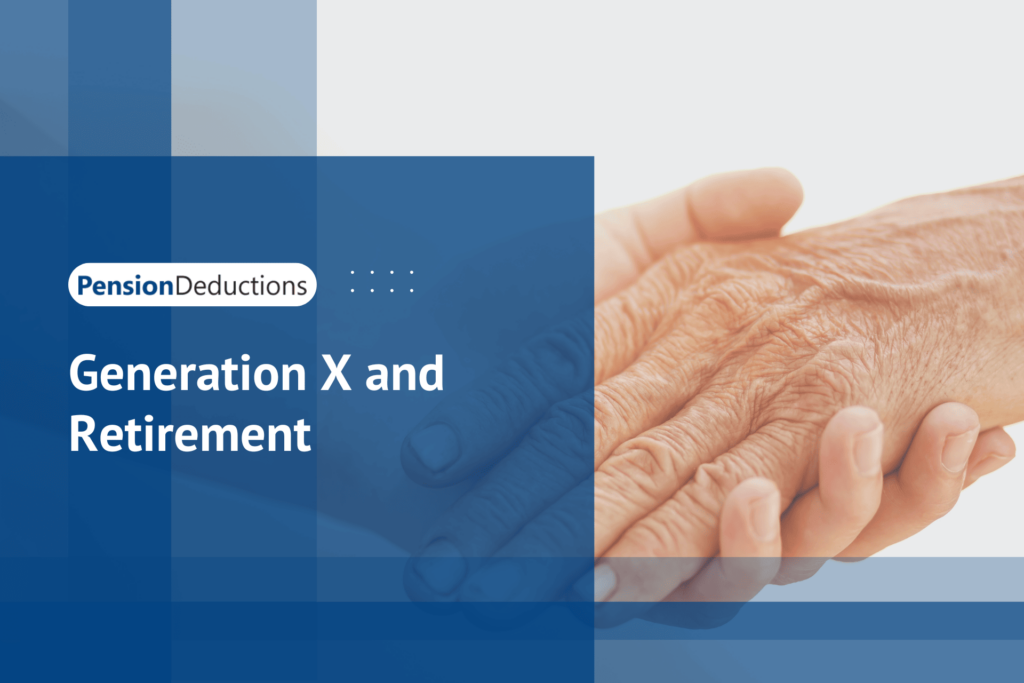The Corona Virus pandemic has hit the US economy so hard that the bureaucratic machinery swung into action to pass legislation that seeks to make it easy for individuals and businesses to survive this downturn.
The most recent one is the CARES Act (Coronavirus Aid, Relief, and Economic Security Act) signed into law on March 27th, 2020.
Several provisions in the CARES Act pertain to retirement plans and we would seek to summarize some of those provisions in this article. These provisions can be implemented immediately.
Minimum Required Distributions (MRD’s) or Required Minimum Distributions (RMD’s) from pension plans and IRA’s
What is you already took the distribution?
Higher Loan amounts from the pension plans
(i) $50,000, or
(ii) 50% of the participants vested account balance.
These provisions have been modified and the loan amounts now are the lesser of:
(i) $100,000, or
(ii) 100% of the participants vested balance
These loans are only available up to Sept 23rd, 2020. Repayments on the new loan can be delayed for up to a year.
Existing Loan Repayment Relief
However, the CARES Act seeks to make it easier for participants who have a current loan. Specifically, repayments between March 27th and Dec 31st, 2020 could be postponed for one year and the loan would not be considered defaulted.
At the end of the suspension period, the loan is re-amortized by adding the unpaid repayment amounts and a new end date is calculated for the loan.
Distributions due to Corona Virus
Typically, distribution can be taken from the pension plan only if they have been terminated, the plan has been terminated or if they have crossed the normal retirement age defined in the plan.
The CARES Act relaxes these rules and a participant can avail of a distribution of up to $100,000 from their pension plan if they:
- Have been diagnosed with COVID-19, or a spouse or dependent who was diagnosed with COVID-19; or
- Are experiencing “adverse financial consequences” from quarantine, furlough, layoff, or reduced hours due to the coronavirus or are unable to work due to the lack of childcare.
The second point is loosely defined and makes almost everyone eligible for the distribution.
Distributions taken prior to age 59 1/2 are subject to a 10% penalty. The CARES Act eliminates this 10% penalty, however, the distribution should be added to the participant’s taxable income which can be done over three years.
The participant can then repay the amount to the plan and receive a refund of the taxes paid for it. This basically makes this distribution an interest free loan from the plan, except that you pay the tax to the IRS in the beginning. In order to get a refund of the taxes paid on the distribution amount, one needs to re-file the tax returns for the previous years.
CARES Act IRA Provisions
Safe Harbor 401(k) Plan Suspension or Modification
Matching or non-elective contributions can be suspended mid-year if either of these conditions apply:
- A notice was provided that contained the “maybe not” language 30 days prior to the beginning of the plan year.
- The plan sponsor is operating at an economic loss for the plan year.
A notice must be given 30 days prior to the suspension of benefits and the plan must pass the ADP test for the year. Note that the safe harbor benefits cannot be suspended retroactively, only the future contributions can be suspended, so the sponsor is still liable for the contributions up to the date mentioned in the notice.
Defined Benefit Plan Contributions
Contributions to a defined benefit plans that are due in 2020 can be delayed until Jan 1st, 2021 but an interest component must be added to the plan from the presumed date of deposit to the actual date of deposit. The interest rate would be the actuarially calculated effective interest rate.
Feel free to email us at info@pensiondeductions.com for any assistance related to your pension plan.
**Please note that the information on this page is for informational purposes only. One should always check with your accountant, actuary, financial advisor or tax lawyer before taking any action with regards to one’s retirement account. They may be in an ideal position to advice based on your individual situation than us.


